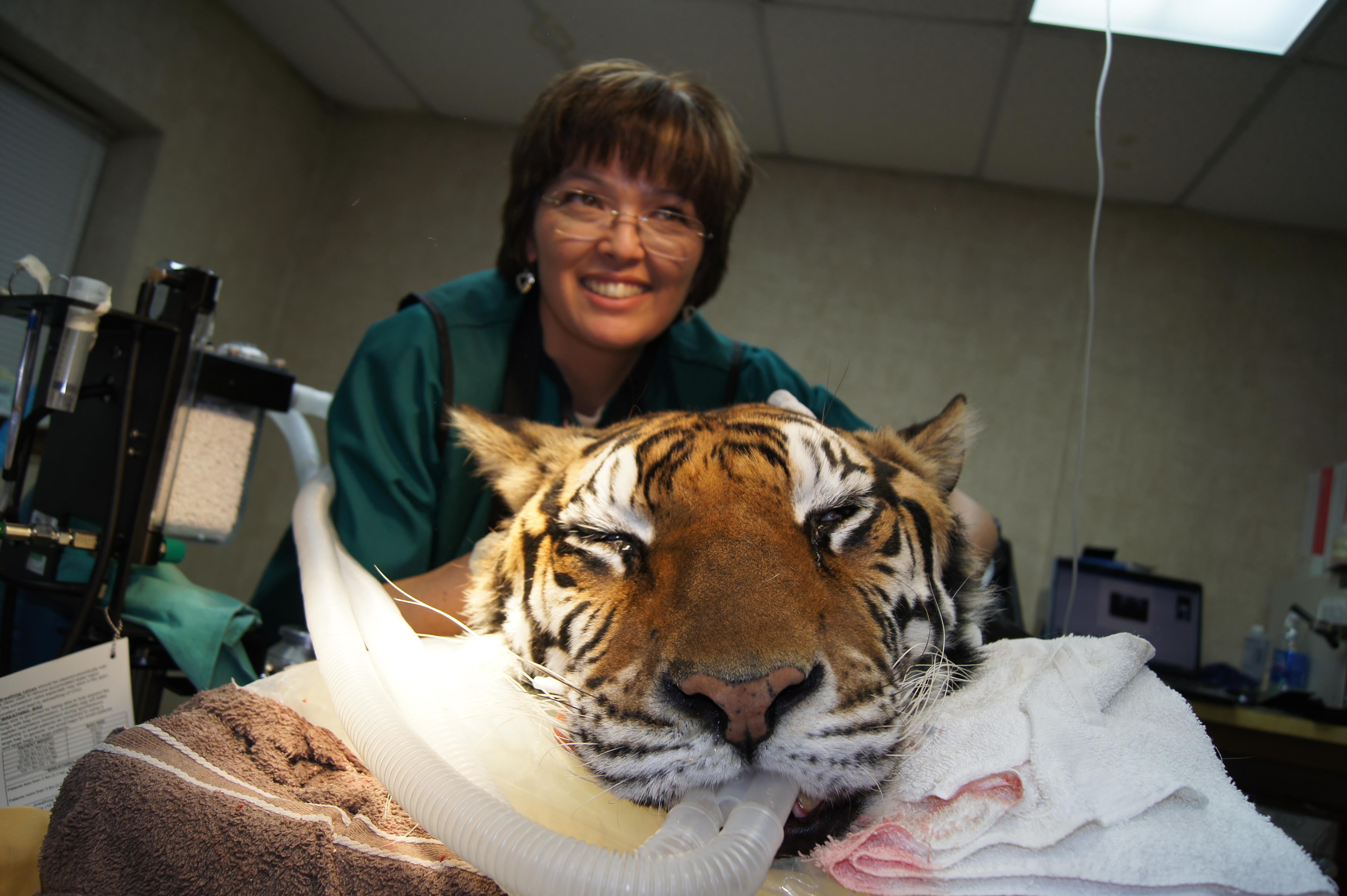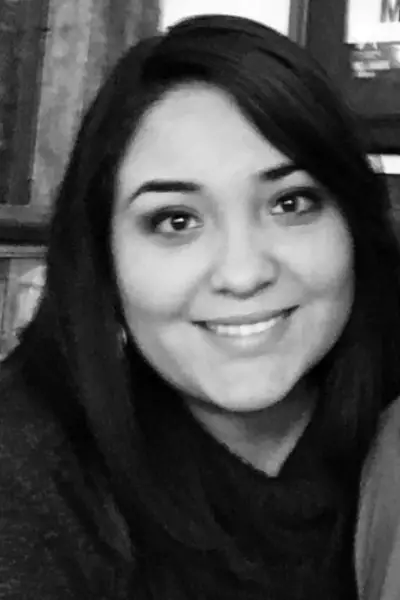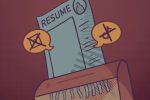The Process of Elimination
If choosing your career is a numbers game, you should at least make the numbers smaller.
By Jessica Peña, University of Texas at San Antonio
In kindergarten, the teachers would have all the little students sit cross-legged around a bright, multi-colored rug and everyone would ask what you wanted to be when you grew up. Back then, the possibilities were endless.
There was no difference between being a doctor or a firefighter or a lawyer or a professional chef. Tiny minds would dream of being astronauts, presidents and musicians. It was totally reasonable to want to be a cowboy or even a mermaid. But that’s not the case anymore.

Deciding what to have as a professional career was simple as a child, because all the careers were totally abstract. There was no higher education or specialized training to take into serious consideration. It’s not until around high school that reality hits and the pretty rug is ripped out from under everyone.
Becoming a lawyer means going to law school and passing grueling exams. Studying to be a doctor entails going to medical school and dealing with blood (as well as other natural, bodily substances.) Even that pro chef gig requires some time in a classroom and practice kitchen before earning a primetime cooking show.
Each profession requires an education in its field, a field that’d be best to have at least a little interest in.
So with such an abundance of choices and possibilities, how is any young adult ever to choose which profession to pursue for possibly the rest of their lives?
An alternate approach that may be a lot easier is focusing instead on what it is that you DON’T want to do. As odd as that might seem, it may come a lot more naturally to realize all the things you actually don’t want to do instead of trying to figure out what you DO want to do.
If you don’t want to spend eight plus years in college or grad school after high school, then being a doctor, a lawyer or any other scholarly intensive profession is probably not much of an option. While careers such as those may seem appealing at first, they may become difficult to stick with somewhere along the way if school really isn’t your thing.
If smoke, heat and extremely long hours might be bothersome, then fighting fires more than likely isn’t for you either.
 Fears of guns and problems with physical fitness may also not be the best combination for being a police officer—no matter how cool or brave those jobs seemed as a kid.
Fears of guns and problems with physical fitness may also not be the best combination for being a police officer—no matter how cool or brave those jobs seemed as a kid.
While those may seem pretty obvious, there’s plenty more that goes into most careers than most first realize.
For instance, I was seriously interested in becoming a veterinarian until I realized that, not only can it take up to twelve years, but it also requires an excessive amount of biology related classes—my absolute worst subject of all time.
So despite my love for animals and my desire to help those in need (and the impressive salary), I was able to figure out that a veterinary career wasn’t right for me by focusing on what I knew I didn’t want.
On the other hand, I was able to decide on a writing career by realizing that I don’t want to have any ordinary job where I wouldn’t be able to use my imagination.
It wasn’t easy to choose what to do with the rest of my life as an 18-year-old, just as I’m sure it wasn’t easy for anyone else who has already decided on a major and career path.
But once I took the time to really think about all the things that aren’t right for me and what I want to do with my life, the list of options got pretty short.
From there, it got significantly simpler to decide on what I wanted to do.
And as it goes without saying, studying and doing research is clearly imperative in making such an important decision, but a lot of the time it can also be a true eye opener. There’s almost always going to be a whole other side to things that were easy to overlook at first glance—amount of schooling required and subject matter, for instance.
In much the same way, this technique can work wonders in other areas as well.
Choosing someone to enter into a relationship with is quite the important decision, and sometimes just as difficult, especially with all the added stress of college, work and being away from home.
Finding someone who doesn’t have the negative qualities that you really don’t find attractive in a partner would probably be a lot simpler than hunting down the person who has all the right qualities instead. Not to imply that one should focus primarily on the negative aspects of a potential significant other, of course. But looking at it this way could still be helpful.
Similarly, this practice might come in handy when finding an apartment, choosing a car or practically any other decision that needs to be made. It’s a way of going about things that can be applied to practically any situation—in and out of the classroom and college life.
Ruling things out that you definitely don’t want, as opposed to attempting to compile a long list of all the possible things you could want, could very potentially save you a lot of time and plenty of unnecessary stress.

















